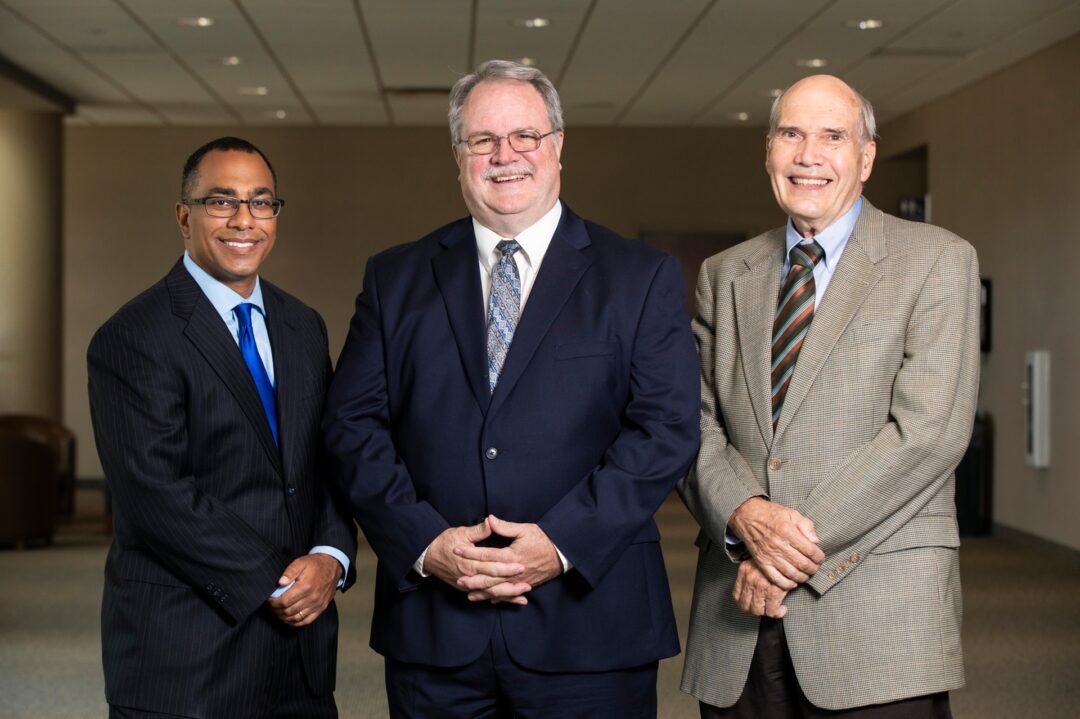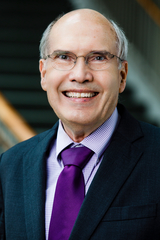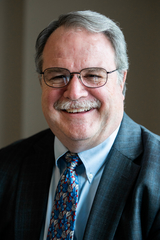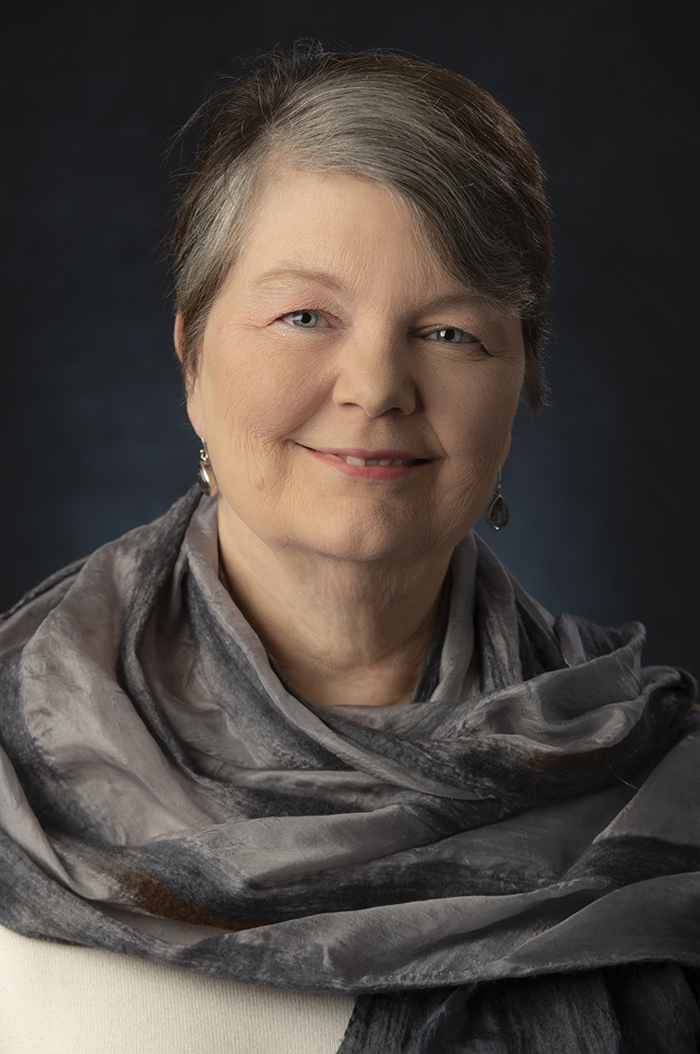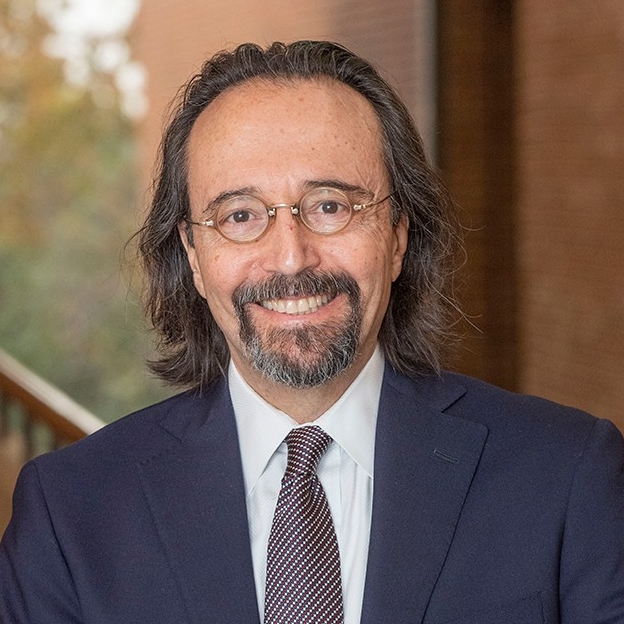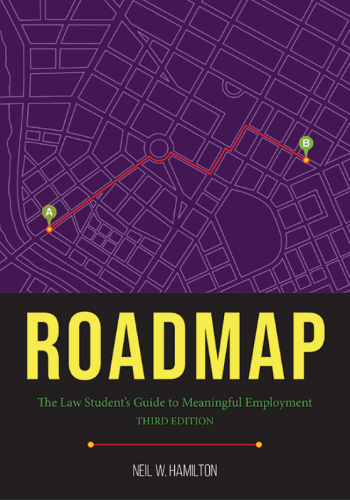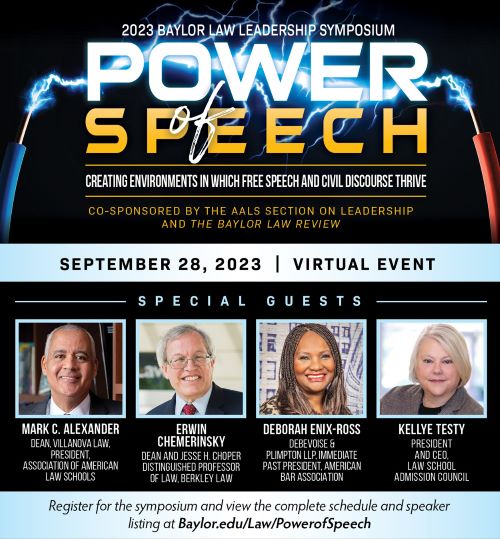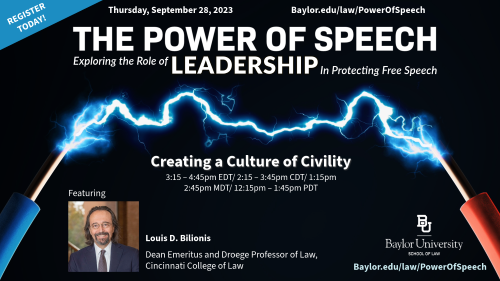In a forthcoming article for Mercer Law Review, Holloran Center Associate Director David Grenardo presents a critically important perspective on the ways that historically underrepresented students face obstacles to their professional identity formation. Grenardo provides context around why these issues can seem insurmountable to staff and faculty, and explains why it is crucial to tackle them head-on: structural biases in law school stall the academic and professional development of historically underrepresented students. He closes with practical, solution-oriented suggestions around mentorship, academic support, and experiential learning that would create an environment in which all students are welcome.
The article abstract follows. You can also read a draft of the entire article on SSRN.
The revised ABA Standards require law schools to provide substantial opportunities for law students to develop their professional identity. An individual’s professional identity as a lawyer consists of one’s personal identities integrated into who they are as a professional. Gaining a professional identity means going from an outsider to an insider in that profession, and a law student’s professional identity formation refers to the process of evolving from law student to lawyer. Law schools must dive into the murky waters of race, ethnicity, gender, and sexual orientation because that is where our historically underrepresented law students are, trying to become professionals in a system that sees them as the other, different, and outsiders.
Part I of the Article briefly defines professional identity. Part II sets forth an overview of the many obstacles historically underrepresented law students face—including, but not limited to, the historical exclusion of underrepresented individuals from law school and the legal profession, imposter syndrome, bias, microaggressions, wealth and education disparities—in developing their professional identity. Part III provides a summary of tangible solutions that law schools may employ to address those obstacles and help those law students develop their professional identity. This Article concludes that it is critical for law schools to intervene to ensure historically underrepresented law students can properly develop their professional identity.
Please reach out to David Grenardo at gren2380@stthomas.edu with any questions or comments.
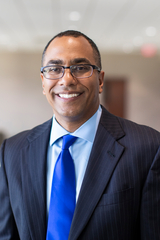
David Grenardo is a Professor of Law and Associate Director of the Holloran Center for Ethical Leadership in the Professions at the University of St. Thomas School of Law.

